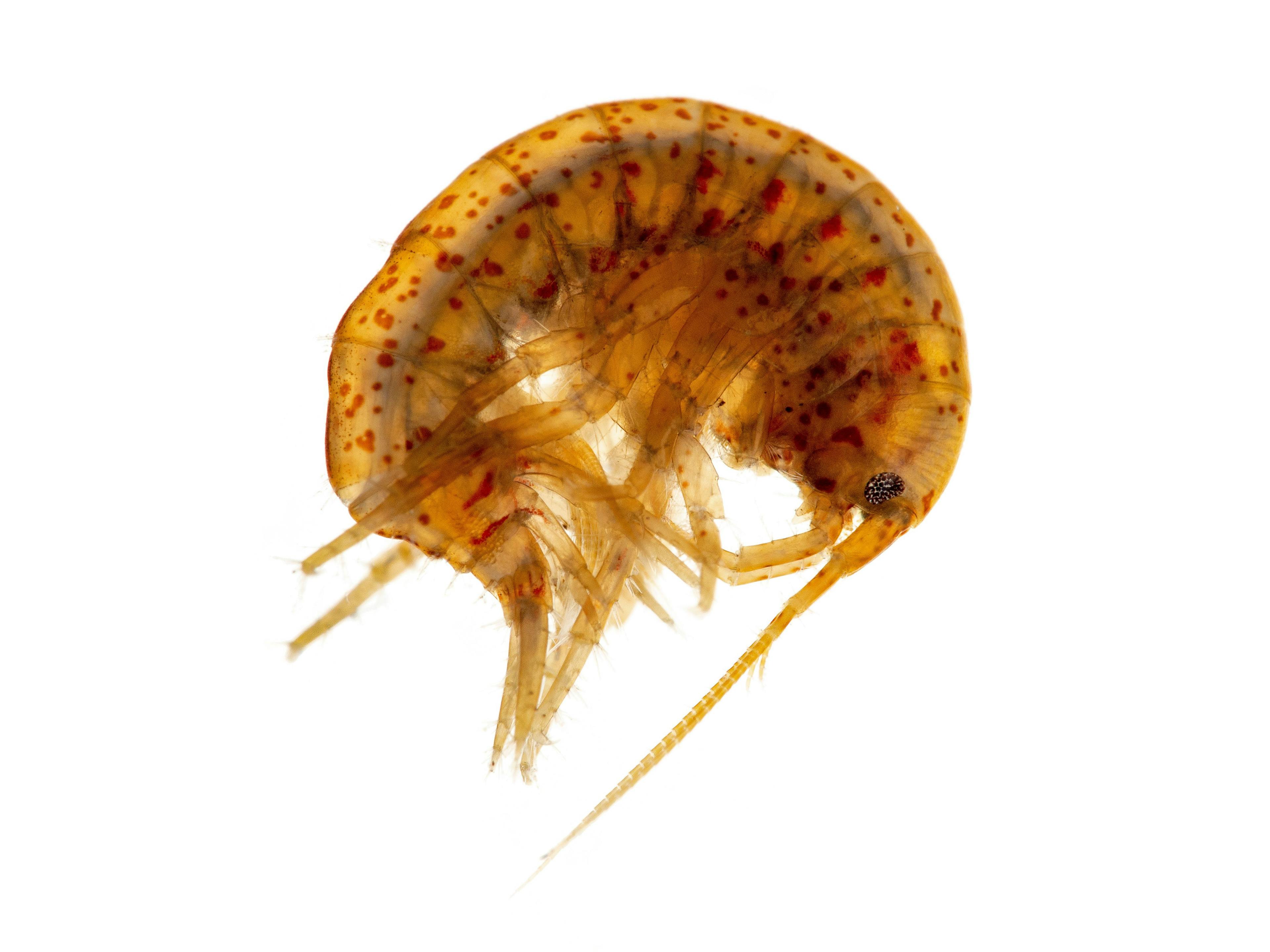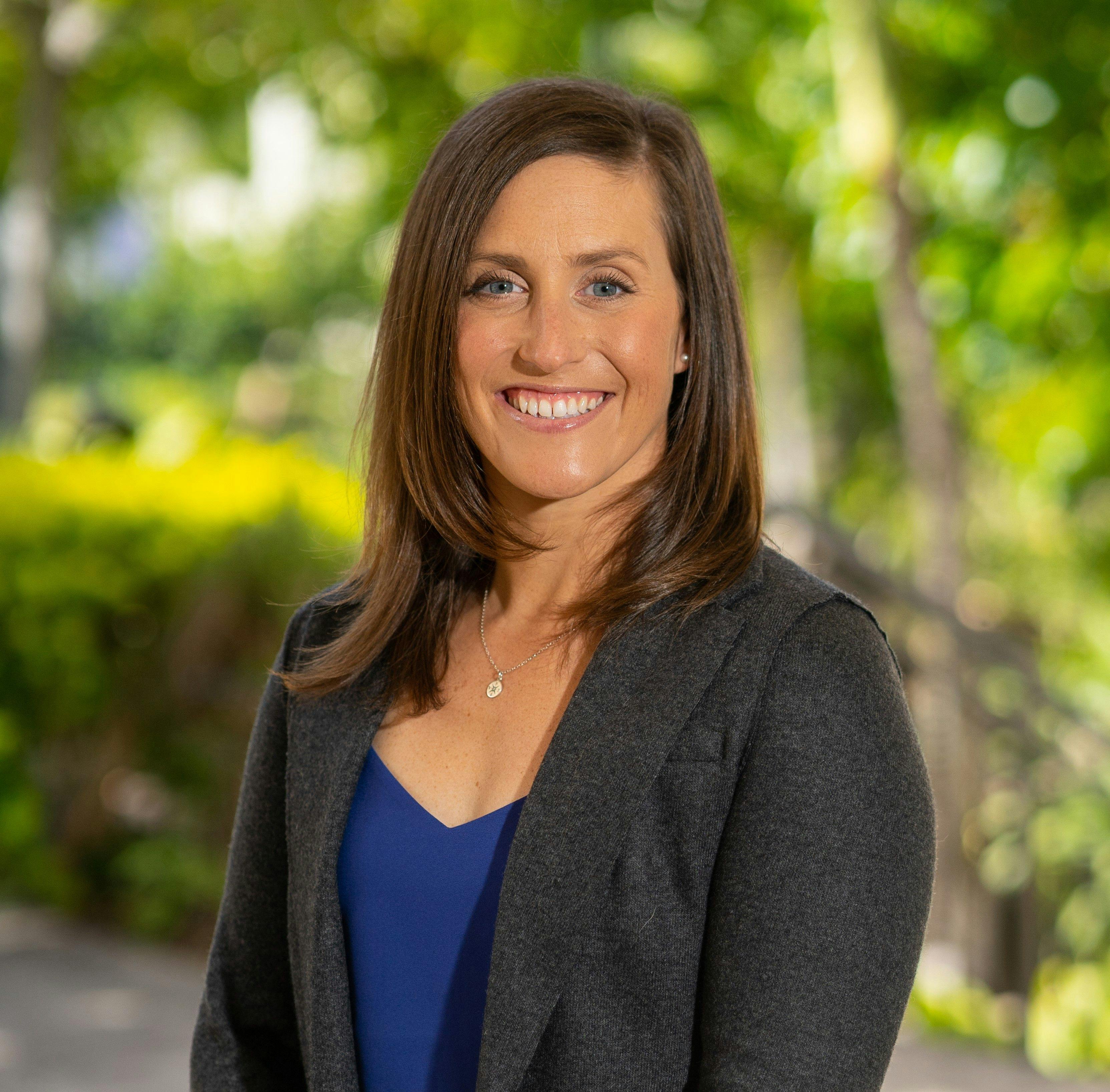Mass Spectrometry Infrastructure Boosted by £49M UKRI Investment
The allocation, which amounts to more than $62 million in U.S. dollars, is part of a larger package targeting five new projects in total.
The University of Bath has received £49 million in funding from the United Kingdom’s Research and Innovation’s (UKRI) infrastructure fund to support research using mass spectrometry (MS). The move is part of a broader investment by UKRI meant to grow science and technology infrastructure in the UK (1).
Autumn view towards Claverton Down from Bath, Somerset, UK taken on 2 November 2017 | Image Credit: © Nigel - stock.adobe.com

Michelle Donelan, the UK’s Secretary of State for Science, Innovation and Technology, announced a total investment of £388 million for five new infrastructure projects, with an additional £85 million earmarked for supporting UK Research and Innovation (UKRI)’s Digital Research Infrastructure Programme (2).
The MS-specific portion of the investment will fund what has become known as the Critical Mass UK, or C-MASS, project, long championed by Bath’s Director of Research Infrastructure and Facilities, Anneke Lubben. It is equivalent to more than $62 million in U.S. dollars.
“I am delighted that UKRI’s Infrastructure Fund has approved £49M for Critical Mass UK, harnessing recent technological advances to rapidly accelerate research in a huge range of areas through coordination of effort, technology and data,” Lubben said in a news release published by the University of Bath on March 27. “This success is the culmination of 10 years of effort from a focused team of UK and international academic and industry colleagues, working with the UK mass spectrometry community to deliver ambitious infrastructure to integrate and advance the UK’s capabilities in mass spectrometry.”
The hub-and-spoke model, according to Bath, is designed to give research teams at various institutions to collaborate on “challenges of national importance”—such as better understanding molecular structures for applications from semiconductors to batteries to medicines and improving sensitivity to identify tissues and single cells for the study of pathogens and development of new drugs and methods of drug delivery (1).
Bath said the location of the hub, yet to be determined, would be dependent on an open competition between involved institutions. A full list of those was not immediately provided.
“Mass spectrometry is a fundamental tool which delivers to many research disciplines and industrial users,” said Adam Staines, UKRI infrastructure portfolio director. “C-MASS will be a very important resource for the UK, enabling researchers to share infrastructure, hardware, expertise, data and ways of working in mass spectrometry. We are pleased the UKRI Infrastructure Fund can support C-MASS as one of the new projects in our growing portfolio of UKRI National Infrastructures.”
The University of Bath said its academic departments of Architecture and Civil Engineering, Chemistry, and Life Sciences all use mass spectrometric approaches in some fashion.
Other initiatives the £388 million allocation will be contributing to include a digitization of the UK’s natural science collections, development of what UKRI said will be the most powerful, high-energy electron microscope in the world, future marine research, and a collaboration with the U.S. Department of Energy to develop new detectors and accelerators to “address fundamental questions on the nature of matter” (2).
Reference
(1) Bath Helps Secure £49M Investment for Crucial UK Research Infrastructure. University of Bath, March 27, 2024, updated March 27, 2024. https://www.bath.ac.uk/announcements/bath-helps-secure-49m-investment-for-crucial-uk-research-infrastructure/ (accessed 2024-04-03).
(2) Major Research and Innovation Infrastructure Investment Announced. UK Research and Innovation, March 27, 2024. https://www.ukri.org/news/major-research-and-innovation-infrastructure-investment-announced/ (accessed 2024-04-03).

Evaluating the Accuracy of Mass Spectrometry Spectral Databases
May 12th 2025Mass spectrometry (MS) can be effective in identifying unknown compounds, though this can be complicated if spectra is outside of known databases. Researchers aimed to test MS databases using electron–ionization (EI)–MS.
New Method Explored for the Detection of CECs in Crops Irrigated with Contaminated Water
April 30th 2025This new study presents a validated QuEChERS–LC-MS/MS method for detecting eight persistent, mobile, and toxic substances in escarole, tomatoes, and tomato leaves irrigated with contaminated water.

.png&w=3840&q=75)

.png&w=3840&q=75)



.png&w=3840&q=75)



.png&w=3840&q=75)













